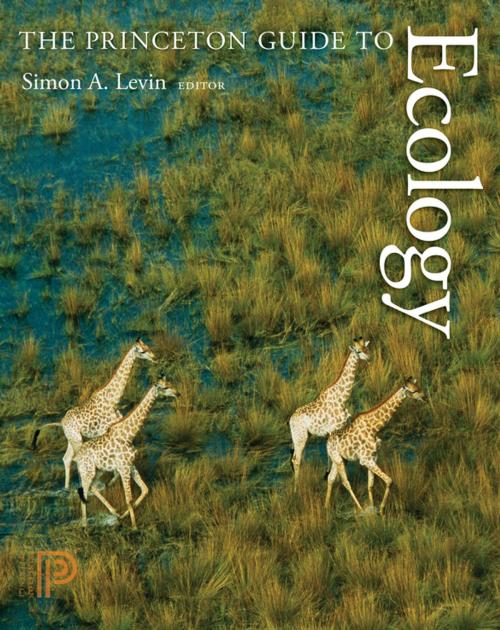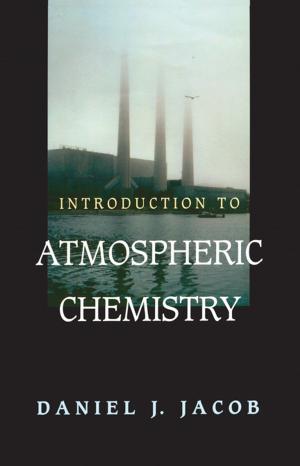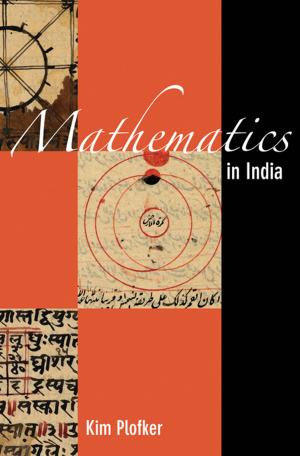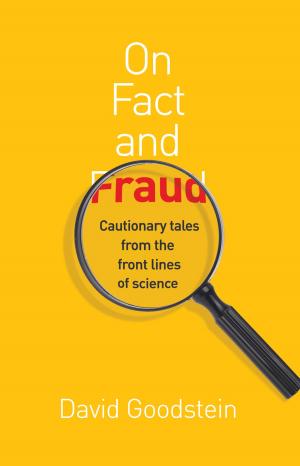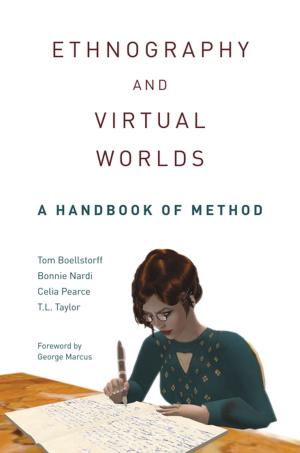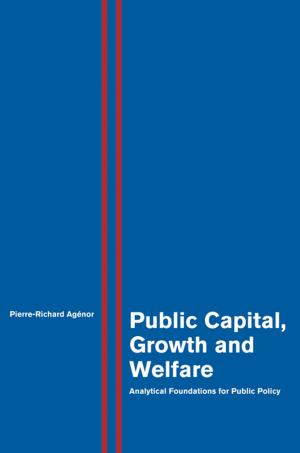The Princeton Guide to Ecology
Nonfiction, Science & Nature, Science, Other Sciences, Reference, Nature, Environment, Ecology| Author: | ISBN: | 9781400833023 | |
| Publisher: | Princeton University Press | Publication: | July 27, 2009 |
| Imprint: | Princeton University Press | Language: | English |
| Author: | |
| ISBN: | 9781400833023 |
| Publisher: | Princeton University Press |
| Publication: | July 27, 2009 |
| Imprint: | Princeton University Press |
| Language: | English |
The Princeton Guide to Ecology is a concise, authoritative one-volume reference to the field's major subjects and key concepts. Edited by eminent ecologist Simon Levin, with contributions from an international team of leading ecologists, the book contains more than ninety clear, accurate, and up-to-date articles on the most important topics within seven major areas: autecology, population ecology, communities and ecosystems, landscapes and the biosphere, conservation biology, ecosystem services, and biosphere management. Complete with more than 200 illustrations (including sixteen pages in color), a glossary of key terms, a chronology of milestones in the field, suggestions for further reading on each topic, and an index, this is an essential volume for undergraduate and graduate students, research ecologists, scientists in related fields, policymakers, and anyone else with a serious interest in ecology.
- Explains key topics in one concise and authoritative volume
- Features more than ninety articles written by an international team of leading ecologists
- Contains more than 200 illustrations, including sixteen pages in color
- Includes glossary, chronology, suggestions for further reading, and index
- Covers autecology, population ecology, communities and ecosystems, landscapes and the biosphere, conservation biology, ecosystem services, and biosphere management
The Princeton Guide to Ecology is a concise, authoritative one-volume reference to the field's major subjects and key concepts. Edited by eminent ecologist Simon Levin, with contributions from an international team of leading ecologists, the book contains more than ninety clear, accurate, and up-to-date articles on the most important topics within seven major areas: autecology, population ecology, communities and ecosystems, landscapes and the biosphere, conservation biology, ecosystem services, and biosphere management. Complete with more than 200 illustrations (including sixteen pages in color), a glossary of key terms, a chronology of milestones in the field, suggestions for further reading on each topic, and an index, this is an essential volume for undergraduate and graduate students, research ecologists, scientists in related fields, policymakers, and anyone else with a serious interest in ecology.
- Explains key topics in one concise and authoritative volume
- Features more than ninety articles written by an international team of leading ecologists
- Contains more than 200 illustrations, including sixteen pages in color
- Includes glossary, chronology, suggestions for further reading, and index
- Covers autecology, population ecology, communities and ecosystems, landscapes and the biosphere, conservation biology, ecosystem services, and biosphere management
